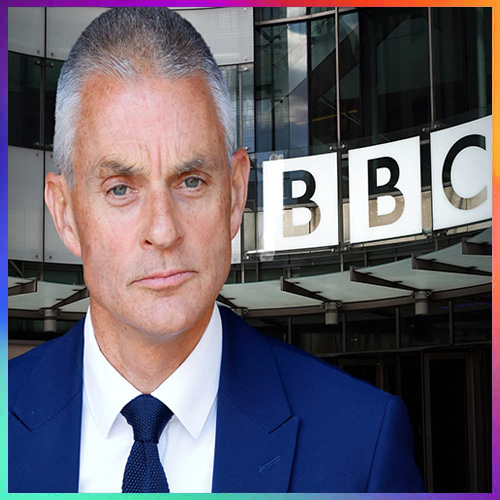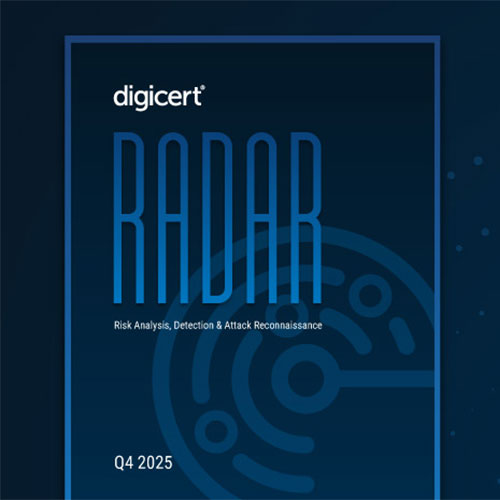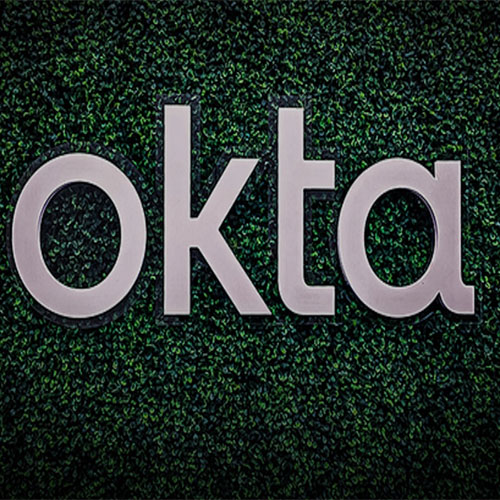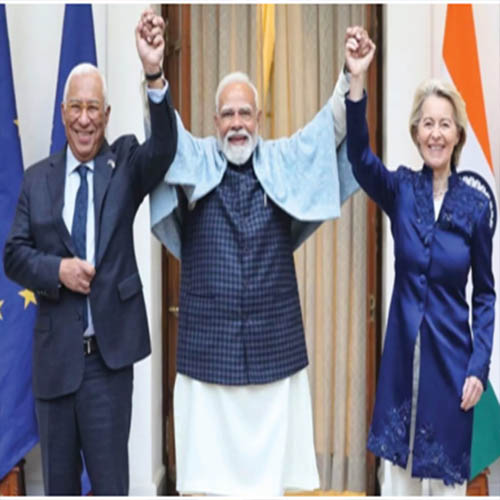
The British Broadcasting Corporation (BBC) faces a major crisis after Director-General Tim Davie and News Chief Deborah Turness resigned amid controversy over a “Panorama” documentary on Donald Trump. The documentary was found to have misleadingly edited Trump’s January 6, 2021 speech, removing his calls for peaceful protest and implying he incited the Capitol riots.
A leaked memo from former BBC standards adviser Michael Prescott sparked outrage and led to investigations into the broadcaster’s wider coverage, including the Israel–Hamas war and gender issues. Davie accepted “ultimate responsibility” for the editorial failure, citing intense pressures in his role, while Turness took responsibility but rejected claims of systemic bias within BBC News.
This scandal strikes at the heart of the BBC’s reputation as a trusted, publicly funded media institution. Critics argue the resignations reflect political pressure aiming to reshape the BBC’s editorial direction ahead of its 2027 charter review, threatening its independence. The timing of the documentary just before the U.S. election raised accusations that the BBC sought to influence voter opinion, a claim amplified by Trump himself.
BBC Chair Samir Shah now faces a parliamentary inquiry to restore trust and review governance reforms. With licence-fee negotiations pending, the crisis marks a crucial point for the BBC’s credibility.
Beyond a failed editorial judgment, the BBC must reaffirm its moral authority and commitment to impartial journalism amid growing political polarization and public skepticism fueled by digital misinformation. The leadership departures underscore the challenges ahead for maintaining independent, high-quality news in a fractured media environment.
See What’s Next in Tech With the Fast Forward Newsletter
Tweets From @varindiamag
Nothing to see here - yet
When they Tweet, their Tweets will show up here.





























